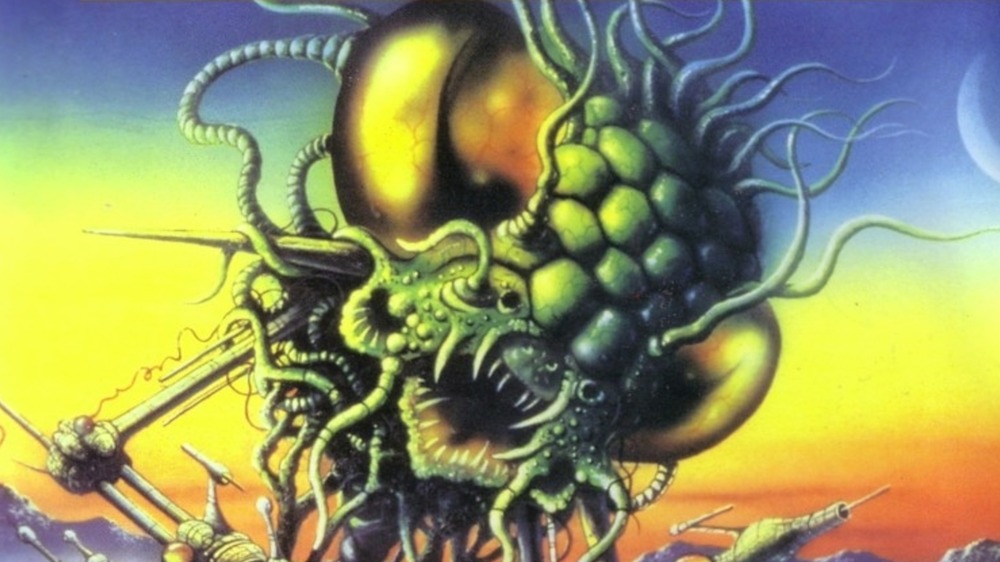Why The Original X-Com Was Nearly Canceled
Video games are cancelled all the time, sometimes well into their development process. Even some games that went on to spawn long-running franchises were at risk of being scrapped at one point.
The turn-based sci-fi tactical strategy series XCOM has produced three highly successful, hugely addictive, horribly difficult games since 2012. Today, XCOM games routinely show up on yearly best-of lists. But these three newer games are actually a reboot of an earlier PC series that was more of a cult favorite. (Back then, it was styled "X-Com").
X-Com's creator, Julian Gollop, originally pitched the game as a follow-up to his 1988 turn-based title Laser Squad on the ZX Spectrum. He brought the idea to MicroProse, publisher of the Civilization series. MicroProse head of development Peter Moreland made several suggestions that ended up becoming X-Com's core features, like using both a strategic map and an isometric combat overview, the use of research trees, and the addition of aliens.
But before X-Com debuted in 1994, it was almost cancelled not once, but twice. Here's how it happened.
How X-Com: UFO Defense survived two cancellations
Julian Gollop had never written a design document before the first X-Com. When he turned in his 12-page treatment for the game that would become X-Com, MicroProse executives found it confusing and he had to re-explain many of his ideas in person. They also found his original alien designs "too boring." If it weren't for Gollop's track record on Laser Squad, MicroProse would have axed the game at this point.
Then in 1993, MicroProse was bought out by Spectrum Holobyte. The new owners had no interest in the game and ordered it scrapped. However, former MicroProse brass who had remained with the company, including one Peter Moreland, still loved the project. They allowed Gollop to continue development in secret.
Around Christmas, Spectrum Holobyte had a sudden need to publish a game in the first quarter of 1994. Moreland happened to have one on hand: the game they thought had been canceled. Spectrum Holobyte agreed, and Gollop and his team spent three frantic months working nonstop to get the game out.
It was a humble beginning, but X-Com would go on to spawn an entire franchise that's still running to this day.


